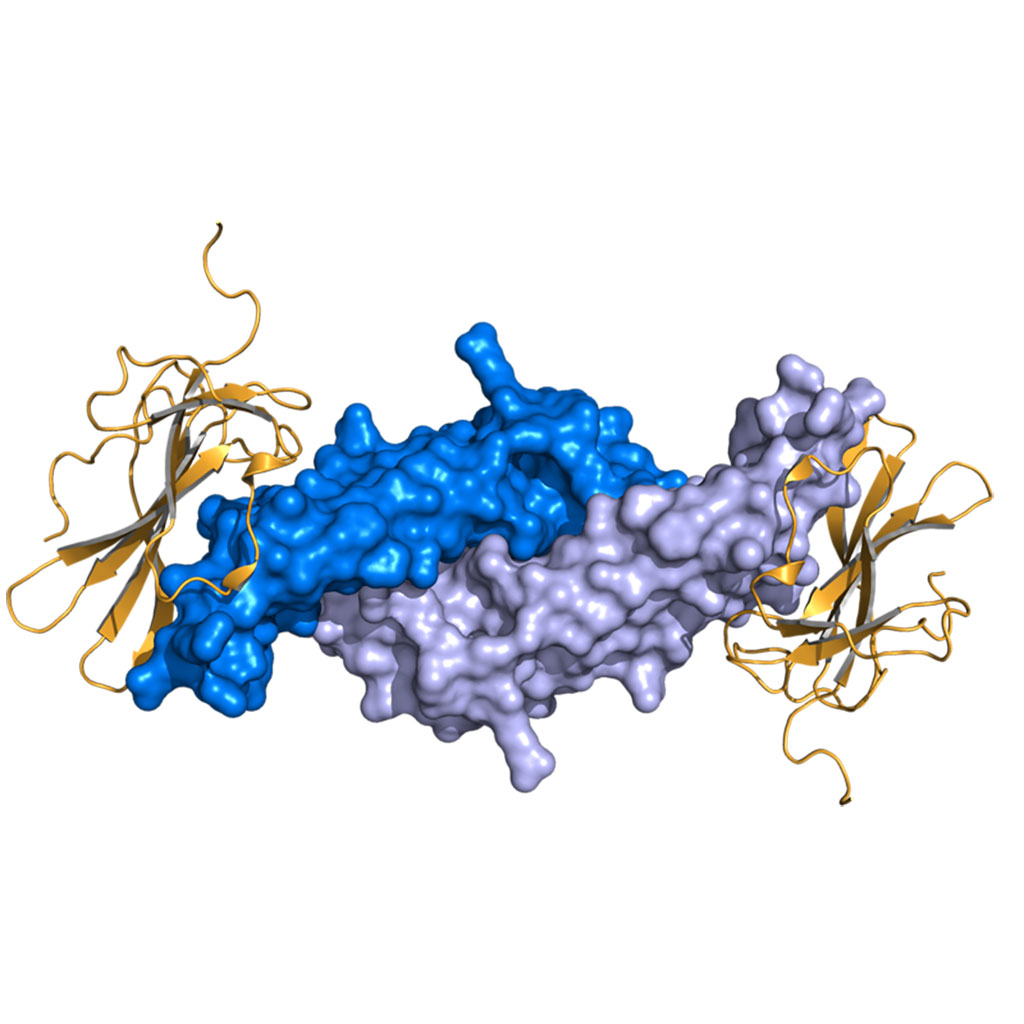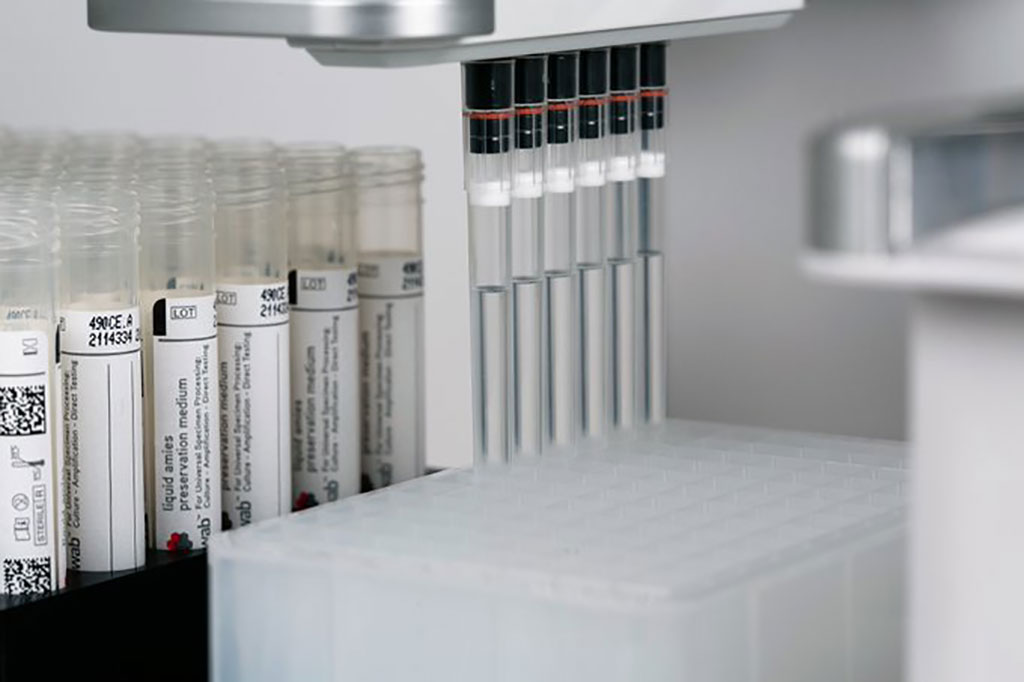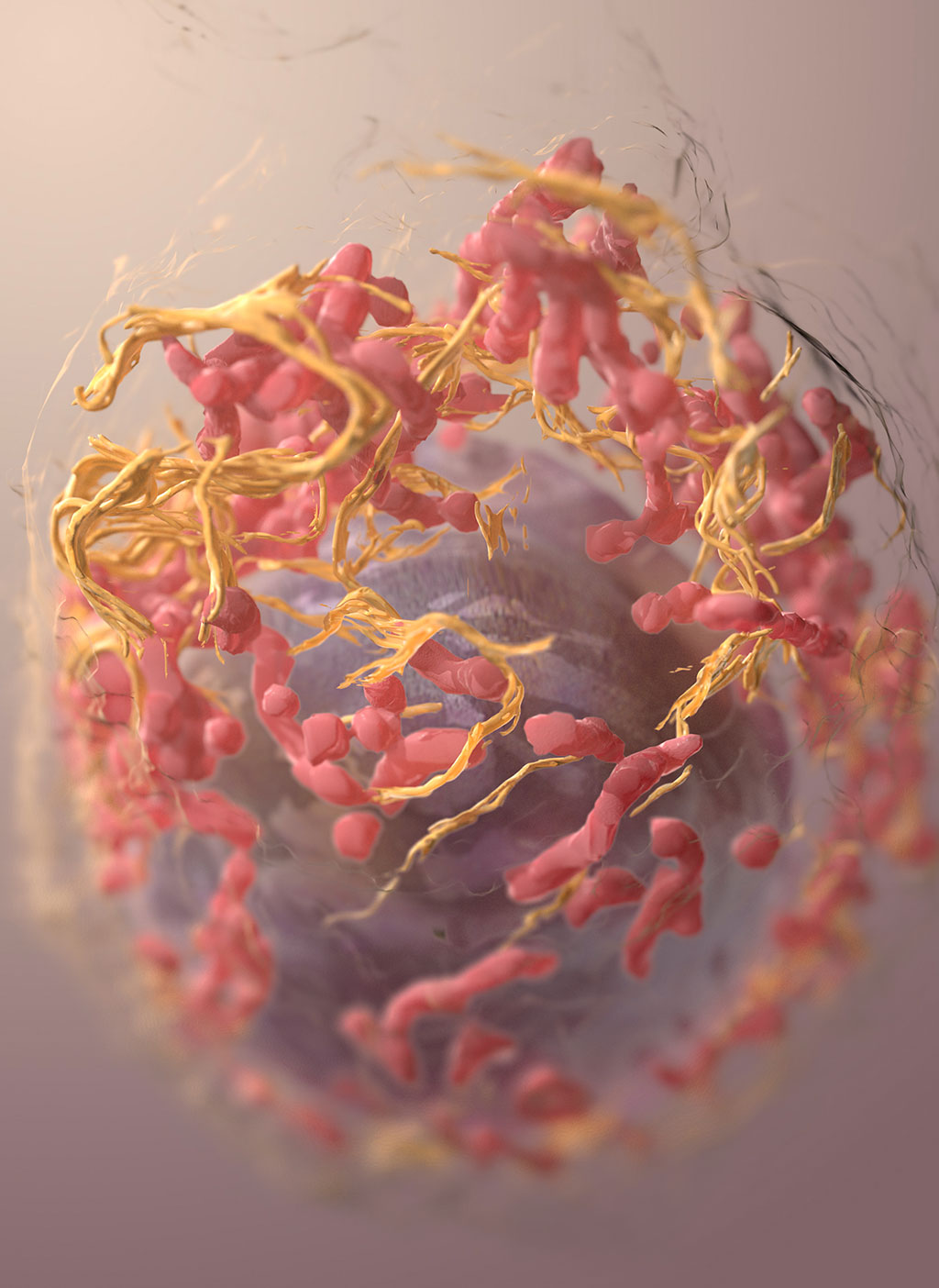Molecular Diagnostics

Circulating Levels of Anti-Müllerian Hormone Can Identify Premenopausal Women Prior to Significant Bone Density Loss
The level of anti-Müllerian hormone (AMH) in the blood has been linked to menopause-related bone loss and may be used to identify women who are experiencing, or about to experience, bone loss related to their transition into menopause. More...07 Apr 2022


AI-Powered Voice-Activated Pipettes Streamline Processes and Increase Lab Productivity
Voice-activated pipettes are now set to become the future of pipetting. INTEGRA Biosciences (Zizers, Switzerland) has made its first foray into the world of artificial intelligence with the release of voice-activated pipettes that are designed to offer workflow benefits far beyond simplifying pipetting tasks. More...06 Apr 2022
Liquid Biopsy Enables Early Cancer Detection in Li-Fraumeni Syndrome Patients
Patients with Li-Fraumeni Syndrome (LFS) harbor germline pathogenic variants in the TP53 gene causing predisposition to many cancers from childhood through late adulthood and can accelerate the onset of cancer by more than 30 years. More...05 Apr 2022

World-First Bedside Genetic Test Identifies Susceptibility to Deafness in Newborn Babies
A new bedside machine takes just 25 minutes to identify whether a critically ill baby admitted to intensive care has a gene that could result in permanent hearing loss if they are treated with a common emergency antibiotic. More...05 Apr 2022

World-First Bedside Genetic Test Identifies Susceptibility to Deafness in Newborn Babies
A new bedside machine takes just 25 minutes to identify whether a critically ill baby admitted to intensive care has a gene that could result in permanent hearing loss if they are treated with a common emergency antibiotic. More...05 Apr 2022

Blood Test to Detect Protein Biomarkers Identified Using Breast Milk Could Enable Breast Cancer Screening
A simple blood test for women of all ages and risk levels could one day be possible thanks to a new set of protein biomarkers identified by researchers using breast milk. The newly identified biomarkers are for a specific type of cancer called invasive ductal carcinoma (IDC), one of the most common types of breast cancers, but the approach could be used to identify biomarkers for other types of breast cancer as well. More...05 Apr 2022
In Other News
Newly Identified Biomarkers Detect Subcortical Small-vessel Disease
miRNA-Based Blood Borne Diagnostic Test Holds Potential for Management of Cancer Patients
Liquid Biopsy Can Detect Recurrent Breast Cancer and Monitor Progression
Thermo Fisher Launches CE-IVD Marked NGS Instrument for Diagnostic Testing
Siemens sNfL Blood Test Predicts Risk of MS Disease Activity
Rapid Test Predicts Sepsis Soon After Infection and Before Organ Damage
NGS Panels Detect RNA and DNA Cancer Biomarkers in Single Assay
Novel System to Accelerate Development of New Diagnostic Tests
Urine Liquid Biopsy Test Detects Molecular Evidence of Prostate Cancer
BDNF Risk Variant Linked to Brain Inflammation in RRMS Patients
Blood Levels of Glial Fibrillary Acidic Protein Predict Dementia Risk in Older Mexican Americans
A Minimally Invasive PCR Test for Diagnosis of Oral Cancer
Enzyme-Based Point-of-Care Test Could Rapidly Identify Stroke Patients upon Arrival at Hospital
New Antibody Test Diagnoses Multiple Sclerosis in 20 Minutes
An Extracellular Vesicle-based Liquid Biopsy for Early Cancer Detection
Cerebrospinal Fluid Liquid Biopsy for Diagnosis of Metastatic Breast Cancer
Novel Painless Test Massively Simplifies Diagnosis of Allergies and Predicts Success of Immunotherapy
Genetic Overlap Found for Ovarian Cancer Subtypes and Endometriosis
Personalized Tumor-Informed Assay Helps Patients Get Ahead of Cancer
Worm-on-a-Chip Device Could Noninvasively Diagnose Early-Stage Cancer
Pediatric Cancer Sequencing Expands Relapse Treatment Options
Alpha-Synuclein Skin Deposits Characterize Parkinson’s Disease Patients
Blood Plasma Biomarkers Could Improve Diagnostic Tests for Alzheimer's Disease
Genetic Testing channel of LabMedica brings the latest in molecular genetics, cytogenetics, and epigenetics, and methods from PCR to FISH, and more.










